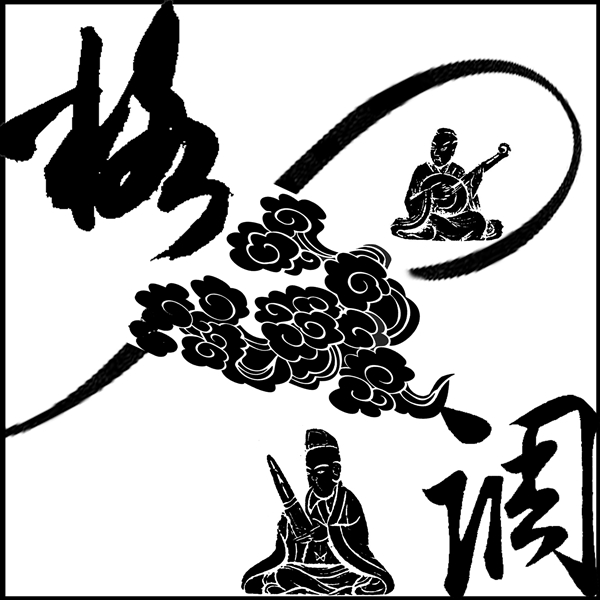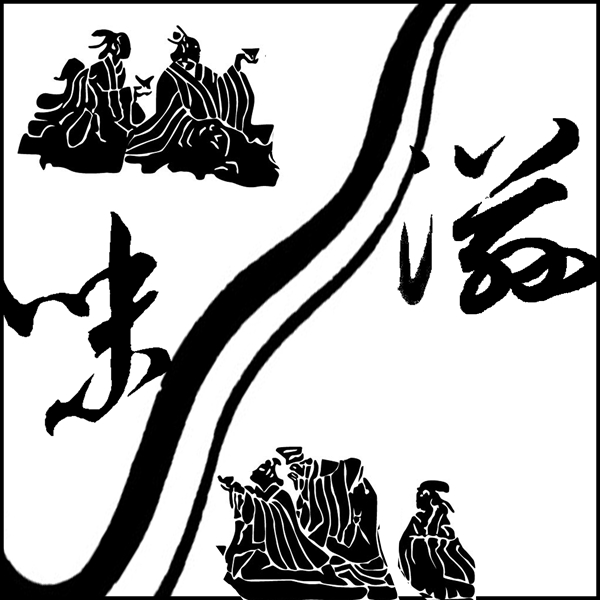格调
/gédiào/
Form and Melody

指诗歌的体制声调,包括思想旨趣和声律形式两方面,涉及诗歌批评的品味与境界。“格”指诗歌的体制合乎规范;“调”指诗歌的声调韵律。唐宋时期的一些诗论家倡导格调,意在确立诗歌的雅正标准。明清以后的格调说,多强调作品应符合儒家正统思想,这影响了诗人的情感表达与艺术创作。“格调”后来也用到其他文艺领域。
The term refers to the form, meter and content of poetry. It relates to artistic taste and appeal in poetry criticism. Ge (格) refers to the need to satisfy established rules of meter, while diao (调) refers to the need to adhere to rules of tone and rhyme scheme. Some poetry critics of the Tang and Song dynasties stressed the importance of form and melody in order to establish a set of elegant and authoritative standards for poetry. Theory on form and melody in the Ming and Qing dynasties often emphasized the importance of poets adhering to Confucian orthodoxy, thus constraining their expression of feelings and artistic creations. The term was later also used in discussions of other forms of art.
引例 Citations:
◎高古者格,宛亮者调。(李梦阳《驳何氏论文书》)
(高雅古朴就是“格”,婉曲清亮就是“调”。)
To be elegant and unaffected is to satisfy the requirements of form; to be tuneful and resonant is to follow the rules of melody. (Li Mengyang: Arguments Against He Jingming’s Views)
◎白石词以清虚为体,而时有阴冷处,格调最高。(陈廷焯《白雨斋词话》卷二)
(姜夔的词以清新虚空为主要特色,虽然有凄清冷寂的地方,但格调最高。)
Jiang Kui’s poems are characterized by ethereal purity. Though at times tinged with loneliness and sadness, they are of the highest standards and taste. (Chen Tingzhuo: Remarks on Lyrics from White Rain Studio)

